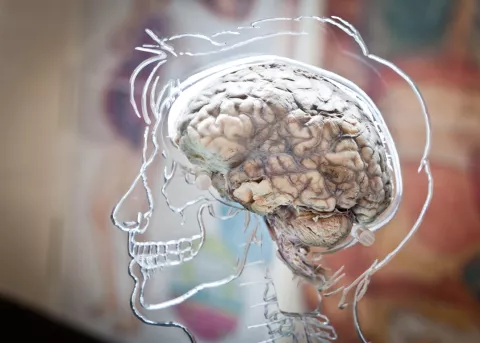
Experience Psychology
Using intriguing activities, this workshop examines memory and cognition.
Recommended for: KS3 (11-14) | KS4 (14-16) | KS5 (16+)
Allergens
Workshop

Using intriguing activities, this workshop examines memory and cognition.
Allergens
Workshop